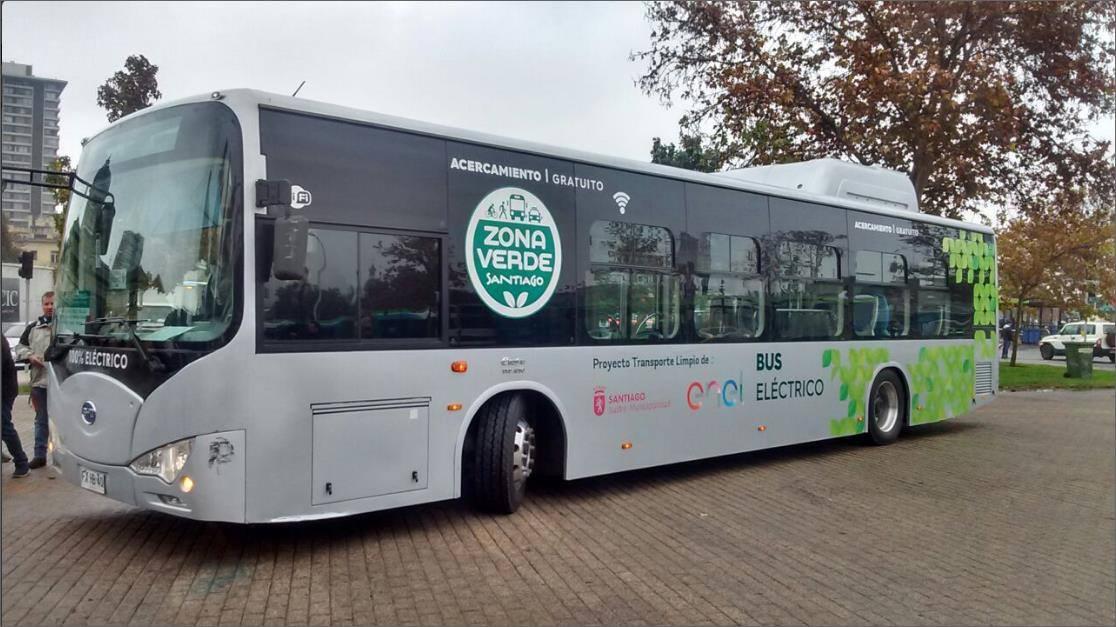Why Public Transit In Latin America Is Going Electric
Latin American countries are ramping up electric mobility efforts, with a little help from the UN.
Updated May 31 2019, 2:48 p.m. ET
Transportation emissions remain a huge struggle for states and countries around the globe. Even regions that are otherwise pretty green tend to miss the mark, like California, which saw its transportation emissions rise even as the state’s overall greenhouse gas emissions fell to record lows.
But several countries in Central and South America are hoping to buck the trend with new fleets of electric buses that are being introduced to the roads this very moment.
In Costa Rica, where the transportation sector is responsible for 68 percent of emissions, the government is planning to add three electric buses for a trial run in 2019. If the project goes well, the buses could become the new norm for public transit, helping Costa Rica along with its ambitious goal to become the first carbon neutral country in the world.
Chile is also building up its electric buses, albeit at a much faster rate. The first two vehicles hit the streets of Santiago last fall, and many more are on the way. Government officials pledged to introduce another 90 in 2018, through a deal with the Chinese clean energy company BYD.
There’s plenty incentive for these electric mobility initiatives. According to a UN study, if the buses and taxis in 22 Latin American cities were replaced with electric vehicles right now, they would save the equivalent of $64 billion in fuel by 2030. They’d also eliminate roughly 300 million carbon emissions, and save 36,500 people from premature deaths caused by air pollution.
Outside of buses, electric mobility initiatives are picking up steam in these regions. By the UN’s estimates, Medellín will introduce 500 electric taxis this year alone, with the ultimate goal of adding 1,500 by 2020.
Meanwhile, Uruguay has constructed enough electric charging stations along its major roads to create the first electric route in Latin America. The country hopes to “electrify” 20 percent of its national roadways by 2020, and it’s already exempt commercial electric vehicles from import taxes to boost EV ownership.
“Latin America has the greenest electricity matrix in the world, the fastest growing emissions of the transport sector, and the highest use per capita of public transport globally,” Gustavo Muñez, the UN Environment climate change coordinator for Latin America, said in the press release. “The region is uniquely positioned to take advantage of electric mobility.”
Still, this electric push involves a lot of catch up. Electric vehicles are still a new commodity in many Latin American countries, which means they are often pricier than gasoline-burning cars or unsupported by the charging infrastructure. Local experts point to “anxiety range,” or the fear of running out of energy before reaching a charging port.
That makes the investment in electric buses — and electric taxis and routes — all the more important. The UN launched the MOVE platform in 2016 to spearhead projects just like these in Latin American countries, and it isn’t the only group pitching in. The Costa Rican buses, for example, were funded through multi-million donations from the German government. These collective efforts could translate into drastic emissions reductions in the vast region, as well as cleaner air for the roughly 639 million people who live there.


